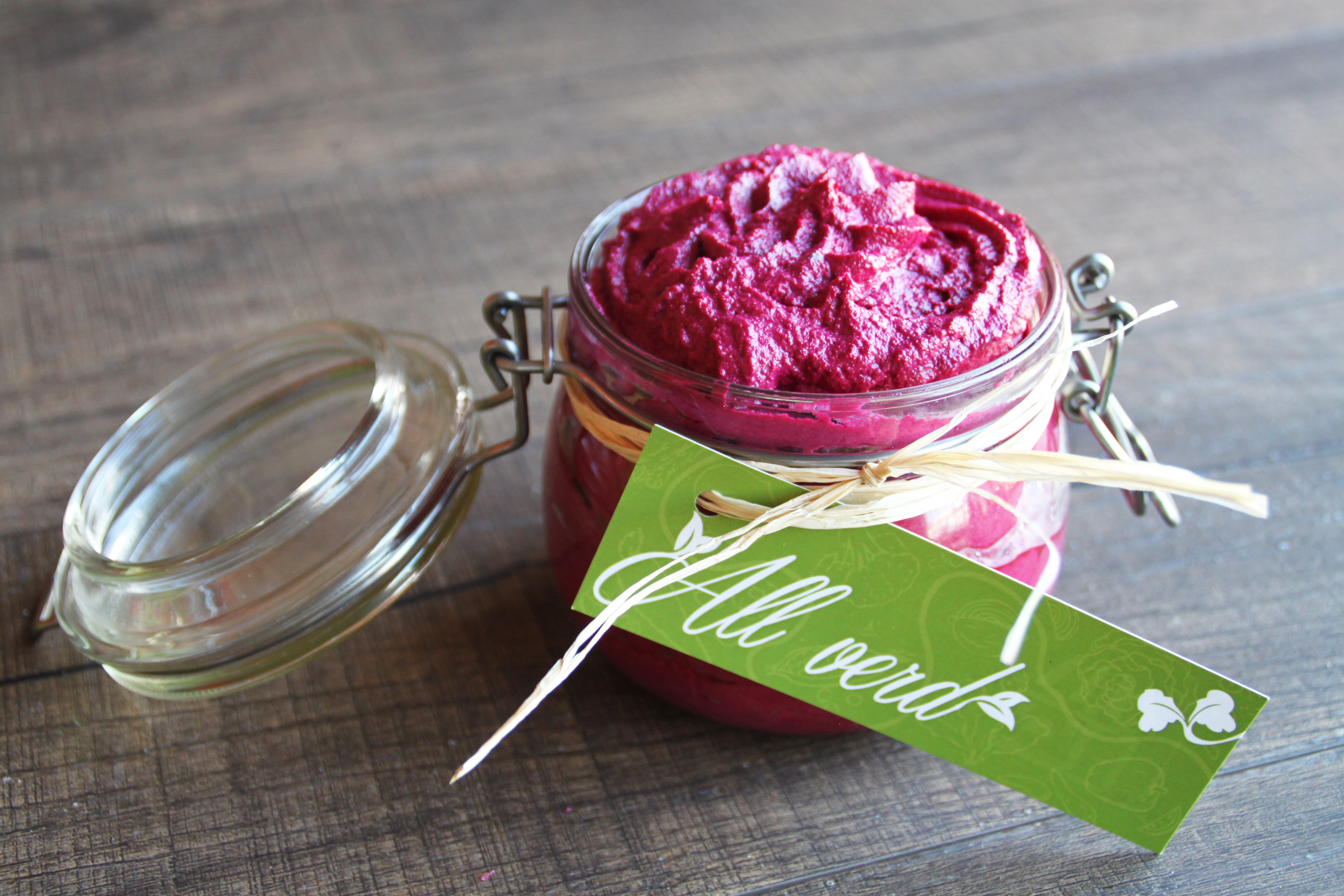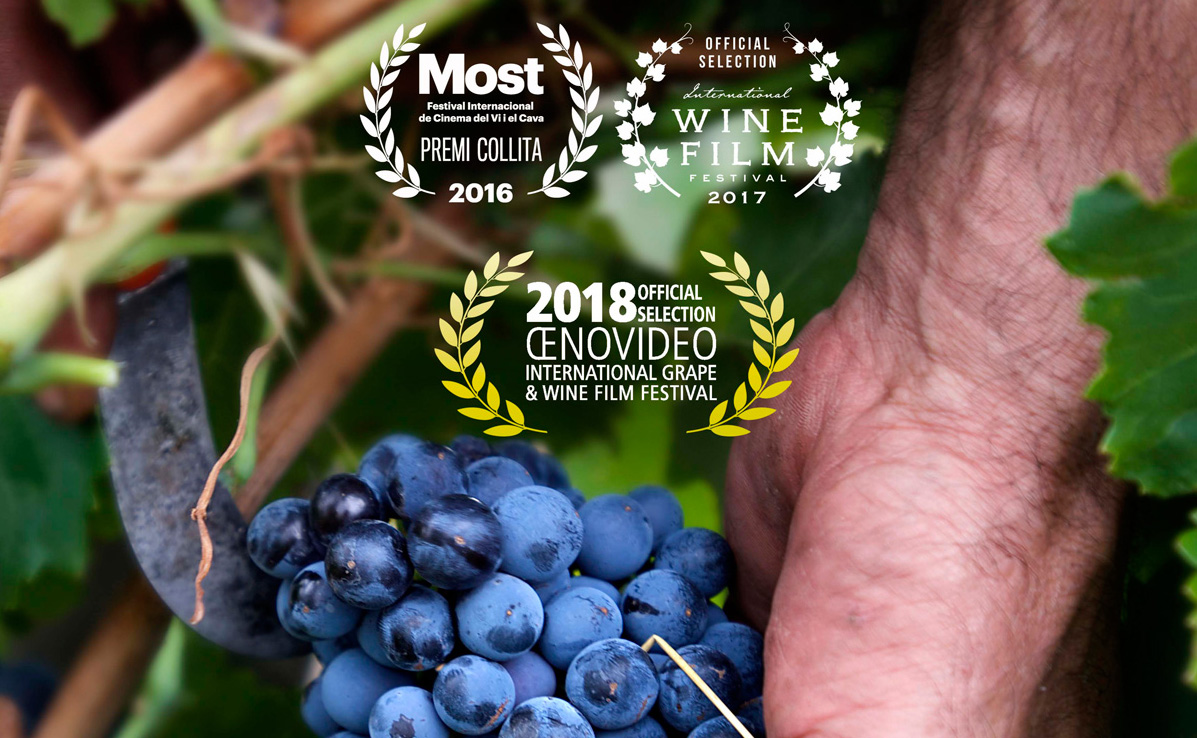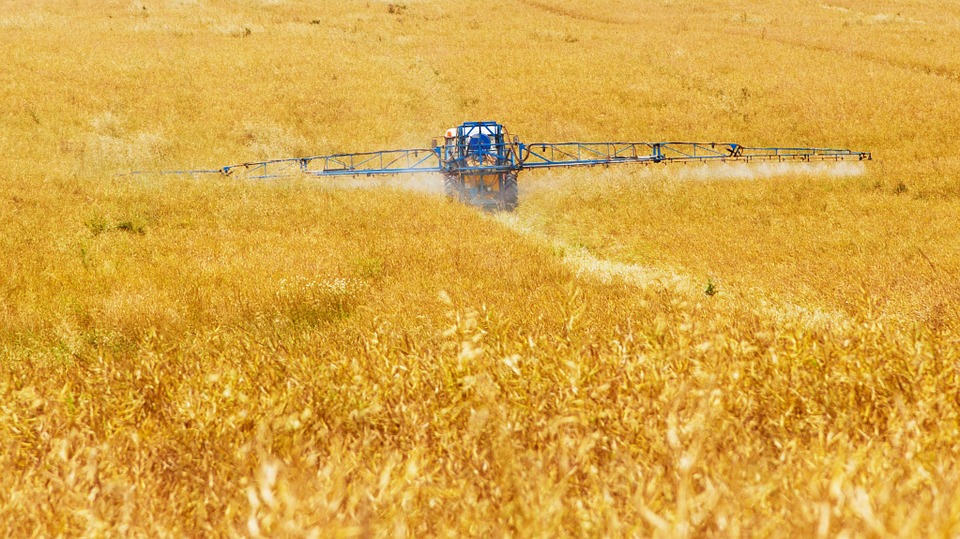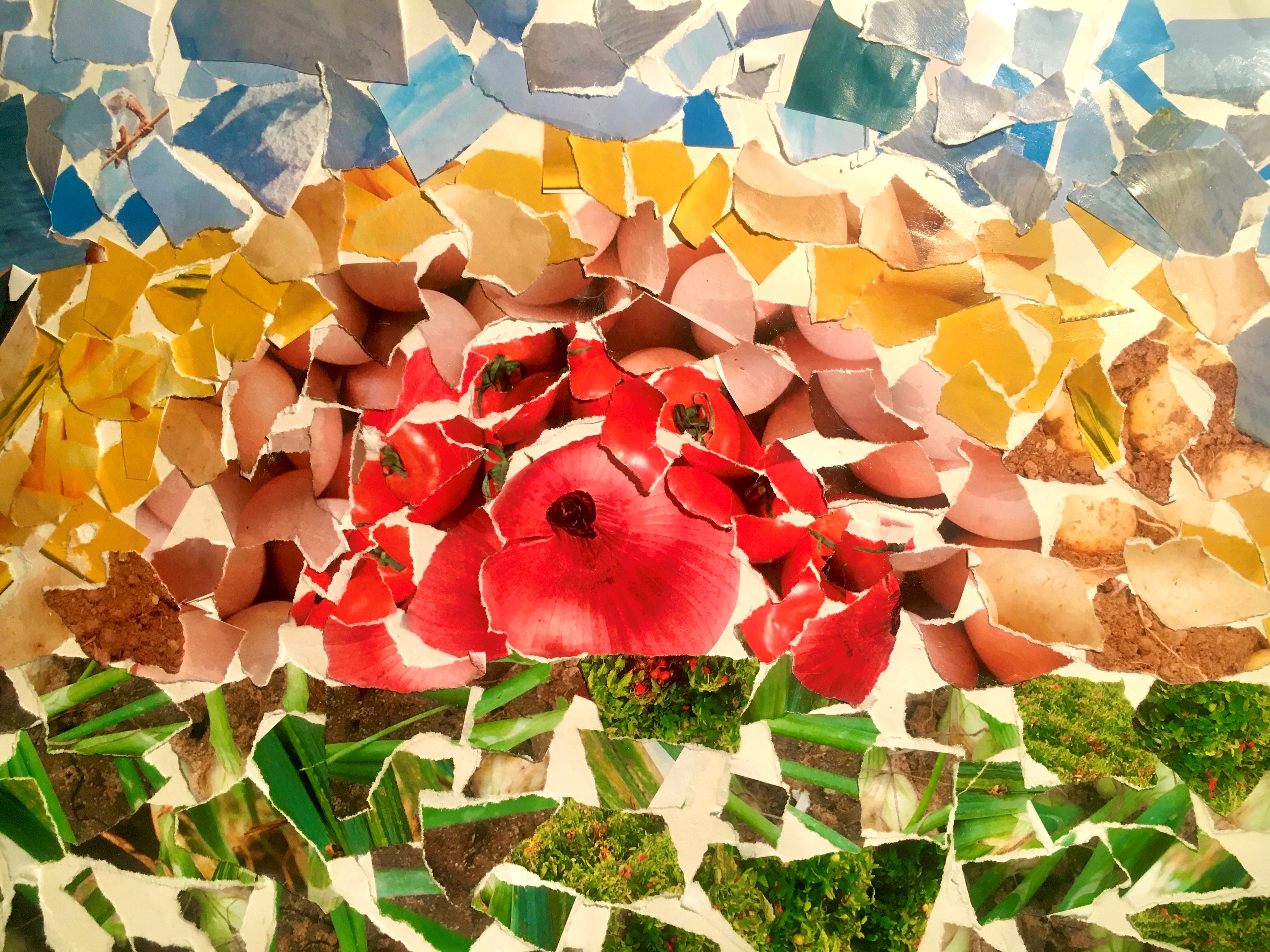Doing it for the pleasure of caring for ourselves and finding a balance, without restrictions or feelings of guilt.
A healthy relationship with food, making the most of seasonal produce and letting creativity into our kitchen, even if it's only for the lunch box we take to work.
We’ll try, using uncomplicated recipes, tastes, aromas and colours. We'll emphasise the importance of colour in our dishes.
Emotions and healthy eating go hand in hand.
Sustainable Food Citizen Week
Video resum de la Setmana Ciutadana de l'Alimentació Sostenible 2021
The activities of the Sustainable Food Citizen Week
Sustainable Food Citizen Week provides an opportunity to understand the relationship between food habits and cross-cutting aspects such as the climate emergency, local economic development, culture, politics, social rights and health. A week dedicated to citizens, in which you will achieve knowledge, reflection and debate about the main issues of the following activities.
Gastronomic heritage
- October 21st - 18.00 HBetevé broadcastingTelevised cooking workshop
- October 22nd - 22.00 H (variable according to betevé programming)Betevé broadcastingDocumentary film season
Documentary on natural wine in Spain. A trip from the north to the south of the country, with the vineyard and wine as the background.
A reflection on natural wine from its producers and opinions from renowned sommeliers.
This activity is part of Betevé's documentary film season, including the films Fermentación espontánea, Taste the waste, Food for change and Il mare piange.So you can combine the documentary with a wine tasting at home, we provide you with a list of wines by order (and time) of appearance.
Minute 01 – Sparkling wine from an ancestral method made in the Alt Empordà. Sparkling wine with unique fermentation.
Minute 05- Red wine from the mountains, made on the north side of the Alpujarra in Granada.
Minute 10 – Mineral and fresh wines made in the Sierra de Gredos (Avila), mainly with Garnacha, also with local white varieties such as Chelva, Albilla Real and Malvar.
Minute 13 – Red wine from the Sierra de l’Albera, in the Alt Empordà, made with Garnacha and Carignan (Lledoner and Samsó).
Minute 16 – White wine with maceration of the skins (orange wine) from Penedès made with Xarello from old vines worked within biodynamic parameters.
Minute 19 – Light red wine made with Sumoll, a native grape of the Penedès. From vineyards surrounded by forests of the Alt Penedès.
Minute 23 - Red wine from Galicia from a heroic viticulture of micro-plots in the Ribera Sacra area.
Minute 27 - White wine from the La Mancha variety and the most planted in the peninsula: Airén, in this case, comes from very old, free standing vineyards.
Minute 31 - Terra Alta red wine, inland Catalonia. From a dry and warm area, with powerful aroma and flavour.
Minute 36 - Wine with Mediterranean expression, made in clay vats in the region of Murcia, from the Tintorera Garnacha grape variety.
Minute 38 - White wine from Montepila grapes from vineyards surrounded by olive trees in Cordoba. - October 29 and 30 from 12.00 to 23.30 H, and October 31 from 12.00 to 22.30 HLa Rambla de Barcelona (between Centre d'Art Santa Mònica and Colom)Market
“Terra i gust” is a gastronomic project that links restaurants with small producers, an initiative from Barcelona City Council and organized by Gastronomia de Proximitat and Slow Food Barcelona, with the support of the Association of Gastronomy and Tourism of Baix Llobregat and l’Hospitalet.
It will be a place for citizens to see the different stakeholders involved in the value chain of local products and sustainability, and to point out the importance of the small artisanal producer, of maintaining traditions and environmentally friendly techniques, highlighting the union with gastronomy.There will be various different spaces:
- Spaces for sustainable gastronomy
- Spaces for beverages, with the participation of the Barcelona Beer Festival, with a selection of craft beers. Natural wines, filtered water, and kombucha will also be served.
- Producers market with seasonal and ecological products.
- There will also be an area for cooking shows, talks and games for kids-
Waste vs Good use
- October 16th - 10.00 H / 11.00 H / 12.00 h / 13.00 HParc de la BarcelonetaWorkshop
At the edible crockery workshop, children will create their own seasonal spoons, bowls and glasses using domestic technologies, with fruit and vegetables as their materials.
The aim is to offer children and parents a fun, creative activity that involves healthy food.
At the workshop, the children explore the shapes, textures, colours, aromas and tastes of the vegetables, learning concepts such as seasonal produce, location, ecology and properties of the fruit and vegetables. At the same time, the workshop fosters the introduction of these foodstuffs in their daily diets. - October 16 - 14.00 HParc de la BarcelonetaCulinary experience
A free, best-use meal to raise people's awareness about the value of food, preventing food waste and making the best use of food. 200 menus will be served, made using recovered food and a plenty of creativity! Parc de la Barceloneta will become an amplifier for the people and projects that work towards reducing food waste, making the most of food and achieving zero waste. The recovered food is the star of the show! The other ingredient: volunteers. The kitchen will be humming thanks to a team of volunteers who make it possible to recover surplus food, cook and serve the dishes. The selection, cleaning and preparation of all the recovered food is carried out in a fun, relaxed atmosphere. Everyone is welcome! On the same day, we will also be offering recovered food that hasn't been used by the kitchen, at an “adoption stall”, as a donation and act of joint responsibility towards the value of the product.
We hereby inform you that we cannot guarantee that the meals served during this event are free of substances that may cause some type of allergy or food intolerance.
- October 17th - 20.00 HPlaça ReialShow
At the improshow we play with knowledge about food, sustainability and the climate emergency. We’ll be improvising everyday situations connected with sustainable food and local organisations, through humour and based on audience suggestions.
An innovative experience in which the audience will become the authors of stories that are surprising, exciting and fun.
Urban rurality and biodiversity
- October 16 at 13:40 hJardí dels TarongersTalk
Bees are one of the most important, and unknown, groups of pollinators. The aim of this talk is to showcase the life of bees, and also serve as an opportunity to understand the role that these insects play, together with the hosts, the plants, in the ecological balance of the planet. The reality is that humanity is facing a disturbing problem: the decline of bees. It is a subject that is being talked about more and more, and that we cannot overlook, as the Museum of Natural Sciences. The causes are numerous, and closely linked to the long litany of changes to the environment prompted by human activity. Now is the time for us to understand what we have done wrong and prepare a guide of best practices that can be used to recover the biodiversity that has been lost.
- October 16th - 16.30 HPlaça ReialTalk
The dynamics of this activity involve a mandala. We draw conclusions on how urban agriculture has fared this year, where we have made progress and where not, where we are headed and the importance of agriculture within the city, with the participation of various people connected to urban agriculture and others who will help us to connect with our bodies.
This is an open, participative activity where the audience can contribute their wishes and materials to the mandala. Ritual for closing and opening the year, as it has been a busy one in urban agriculture. - October 16th - 17.30 HJardí dels TarongersRound table
The Metropolitan agricultural belt is the on-site embodiment of the need (exacerbated by climate change and the biodiversity crisis) for healthy, wholesome and sustainable local supplies. It starts in the Metropolitan Area and includes the entire Metropolitan Region: it has a bottom-up structure, based on the view, already accepted by some city councils, that we need to preserve or create an agricultural belt around every municipality. We are therefore talking about a belt of belts.
To make this possible, the two main challenges we face are access to production resources and guaranteed fair prices. And in addition to this demand for “minimum prices for food and maximum prices for land”, there is the vital importance of adopting large-scale healthy, mitigating and regenerative agronomic practices. This means that financial aid for farmers has to involve cross compliance, but also has to be available to everyone, not just the big producers.
Ecological footprint
- October 17th - 13.00 HPlaça del ReiTalk
Talk looking at all the most common stages of the life cycle of our food. From the farm to the table, we’ll be pondering the carbon footprint of agriculture, packaging, logistics, cooking, organic waste etc. The overall goal is to provide information for deciding on food which has a lower impact in terms of greenhouse gas emissions. The session will also stress the contradictions in environmental communication for consumers.
- 17th October 13.30 hPlaça del ReiTalk
What are the impacts of our food system on our planet? How does this affect the peasantry, our territory and the communities of the global south? What role does the food industry play? What can we do as consumers? What is the role and situation of women, who have traditionally fed the world? On all these issues, we offer you an exciting dialogue with Vandana Shiva (Indian climate activist, graduate in physics, philosopher, ecologist, feminist and author of more than twenty books and 300 articles in the world's most prestigious scientific journals) and Esther Vivas ( activist, researcher in social movements and agricultural and food policies, degree in journalism and diploma in higher studies in sociology from the Autonomous University of Barcelona).
- October 17th - 17.30 HPlaça del ReiRound table
The current industrial agri-food system generates a series of environmental conflicts that are manifested through struggles and mobilisations in response to the impact this system has on the environment and society. These conflicts are mainly associated with the defence of environmental conditions or equal access and distribution of natural resources, often occurring in production and transit areas, and ultimately affecting the regions and communities where they happen. They often reveal conflicting interests, different development paradigms, and aspects related to involvement in decision-making.
The aim of this roundtable is to address some of the main current socio-environmental conflicts in Catalonia, arising from the food system, and to understand the causes and impacts both in Catalonia and the Global South, in order to make them visible, encourage dialogue and provide possible solutions or alternatives.
Proximity
- 14-24 October, all daySustainable Food Week Social Media, Screens of the muncipal marketsExhibition
In order to spark an interest in local and seasonal cuisine among the younger generations, an activity designed for kids was carried out, which consisted of creating a piece of artwork about the origins of food.
Through a fun and creative activity, based on the collage technique, boys and girls from the Barcelona Metropolitan Area created a set of landscapes from the ingredients used to make different recipes. A collective imaginary, which introduced young children, in a playful, experimental and creative way, to the knowledge about our gastronomic culture, and at the same time, taught them the value of a healthy and sustainable diet.
The art work can be seen on the Sustainable Food Week social media and also on the different screens set up at the different municipal markets.
- Idea and concept: curation team for the Sustainable Food Citizen Week.
- With the collaboration of Marta de los Pájaros and Fundesplai.
- October 14th - 19.30 HPlaça de Sant JaumeShow
The start off the week will be a chorus, musical, and participative. Having their say will be the real heroes of sustainable food, those involved in the food cycle: the fishermen, drivers, chefs, farmers, ranchers, market vendors. The speech will be intertwined with the large mechanical orchestra of Cabo San Roque, distributed in the form of a sound mural in front of the City Hall, along with the active participation of the public, in a collective musical creation composed especially for the occasion. A show that highlights all the participants behind the food supply network and gives them a voice.
- Scenography and musical composition: Cabo San Roque
- Stage direction and coordination: Edi Pou
- Idea and concept: Virginia Angulo / Martín Garber
- October 16th from 13.00 to 14.00 HPlaça ReialShow
Agroecology and family circus show.
“The land is full of plastic and GMOs and agrochemicals are threatening us. Luckily, we have an endangered species called Pagès… ”
More week
- October 21th from 16.00 to 18.30 HVideoconferenceRound table
A roundtable discussion on municipal best practice experiences for promoting global justice and healthy diets through a commitment to fair trade. Discussion between participants concerning municipal initiatives that promote fair trade and healthy diets.
- October 21th - 17.00 HMercat d'Autors BarcelonaWorkshop
Demonstration of innovative cookery to utilise seasonal fruit and veg. We’ll show you how to make healthy, creative and fun meals!
- October 21th from 17.00 to 19.00 HEspai GermanetesRound table
Having a small flat is no longer a restriction when it comes to making compost in the city. Community composters are enabling a large number of people to recycle their organic waste.
We offer you a chance to discover this practice at a gathering of the various composter communities in the Eixample district, to identify needs and share experiences around community composters as agents of social change. A unique opportunity for discovering community composting and its benefits first hand.
























